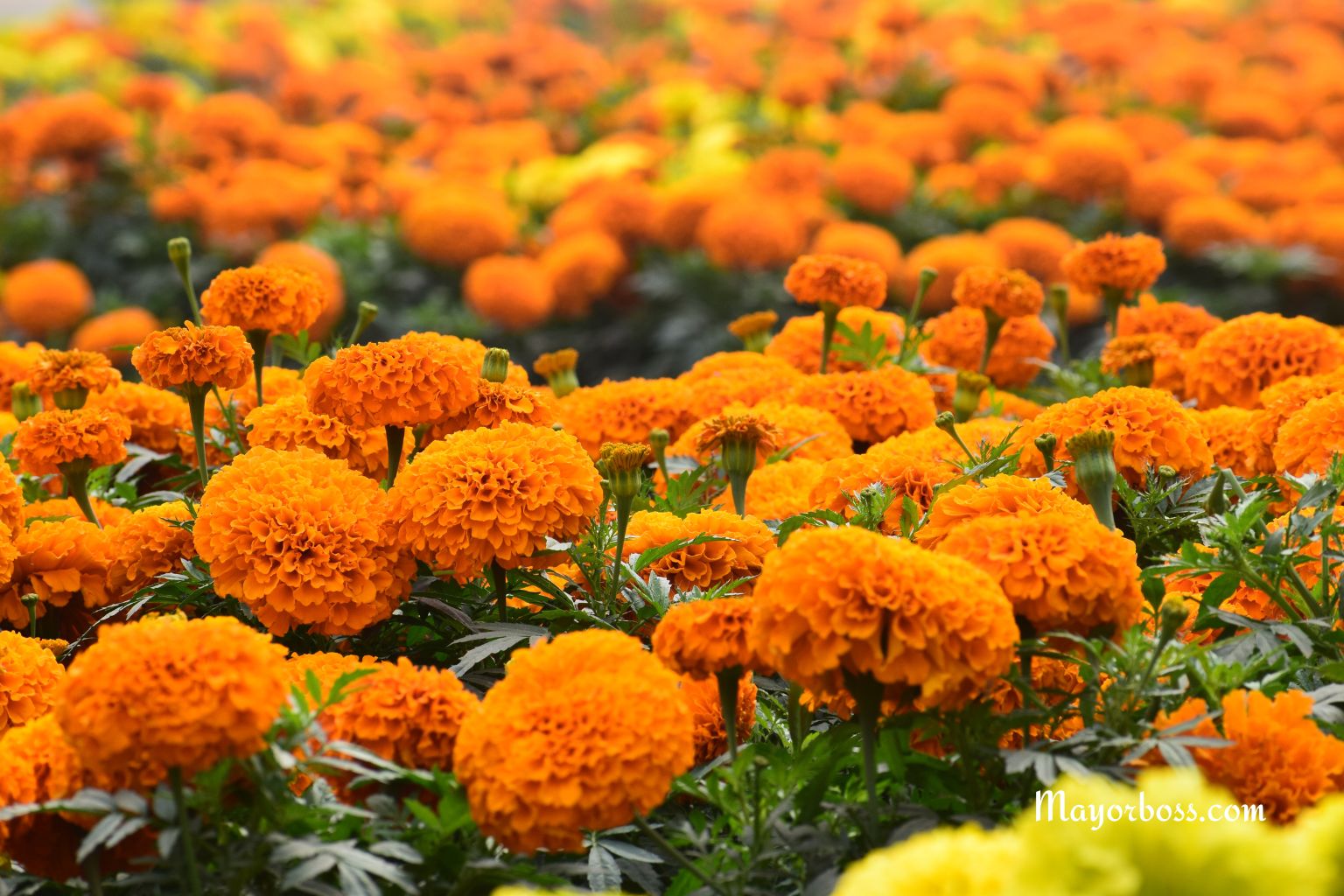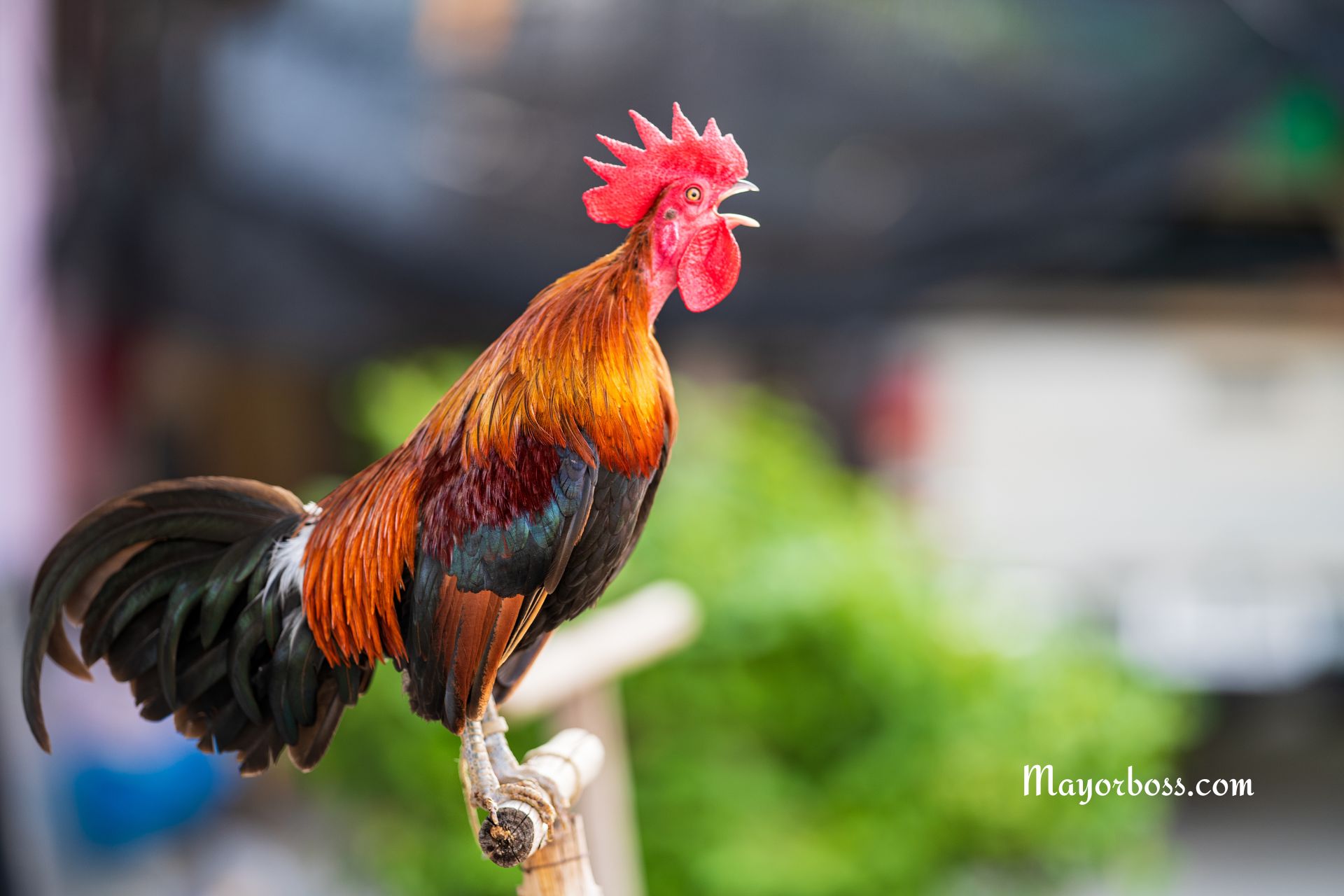Here’s What to Plant in the Garden to Keep Mosquitos Away
Certain plants naturally repel mosquitoes with their scent. Planting citronella, lavender, marigold, basil, mint, catnip, and lemongrass in your garden can help reduce mosquito activity. Place these plants near seating areas, doors, and windows for best results.

Mosquitoes can make outdoor time unpleasant. Their bites often cause itching and discomfort. They can also carry diseases like West Nile virus, Zika virus, Dengue fever, and malaria. Because of this, many people search for natural ways to keep mosquitoes away from their homes and gardens.
Certain plants produce oils or scents that mosquitoes find unpleasant. These natural chemicals can interfere with a mosquito’s sense of smell, making it hard for them to find you. Growing these plants in your yard may help lower the number of mosquitoes nearby. While no plant will get rid of every mosquito, they can support other prevention efforts.
Best Plants to Repel Mosquitoes
Citronella
Citronella is well-known for its mosquito-repelling properties. You often see citronella oil in candles and sprays. The plant itself gives off a strong lemony smell that keeps mosquitoes at bay. Citronella grass grows best in warm climates. Plant it near patios, decks, and entryways.
Lavender
Lavender smells pleasant to humans but not to mosquitoes. Its sweet scent comes from natural oils that act as a mosquito repellent. Lavender is a hardy plant and does well in both garden beds and pots. It also attracts pollinators like bees and butterflies.1
Marigold
Marigolds are bright, easy to grow, and effective at repelling mosquitoes. They contain a compound called pyrethrum, which is used in many insect repellents. Marigolds work best when planted along borders or in pots placed around outdoor seating areas.
Basil
Basil is more than a kitchen herb. It’s also a natural mosquito repellent. The plant gives off a scent that keeps mosquitoes away. Basil grows well in garden beds or containers. You can even pinch off the leaves to add to your meals.
Mint
Mint, including spearmint and peppermint, releases a strong fragrance that mosquitoes avoid. Mint spreads quickly, so it’s best to plant it in containers to keep it under control. Place pots of mint near doors, windows, and patios.
Catnip
Catnip contains nepetalactone, which research shows is very effective at repelling mosquitoes, sometimes even better than synthetic sprays like DEET. Catnip grows easily in gardens. It can also attract neighborhood cats, so keep that in mind.
Lemongrass
Lemongrass contains citronella oil, which mosquitoes dislike. This tall, ornamental grass thrives in sunny, warm locations. Lemongrass can be planted in the ground or in large containers and placed near outdoor gathering spaces.2
How to Use These Plants for Best Results
While planting mosquito-repelling plants can help, how you arrange and care for them also matters. Here are a few tips:
- Group plants: Place mosquito-repellent plants in clusters around areas where people gather, such as patios, porches, or outdoor dining areas.
- Use pots: Grow some of these plants in containers. Move them closer to seating areas as needed.
- Crush the leaves: Gently crush the leaves of these plants to release their oils, which increases their mosquito-repelling effect.
- Maintain healthy plants: Water and trim your plants regularly to keep them growing strong and fragrant.
Additional Tips for Mosquito Control
Planting mosquito-repelling plants is only part of the solution. For the best results, combine them with other prevention methods:
- Remove standing water: Mosquitoes lay eggs in stagnant water. Empty birdbaths, plant saucers, and other containers often.
- Use screens: Place screens on windows and doors to keep mosquitoes out of your home.
- Wear protective clothing: Long sleeves and pants reduce the chances of getting bitten.
- Use fans: Mosquitoes are weak fliers. Placing fans around seating areas can help keep them away.
Are These Plants Safe for Pets and Kids?
Most mosquito-repelling plants are safe for people and pets when used in the garden. However, some, like citronella and mint, can cause mild stomach upset if eaten in large amounts. Always supervise children and pets around unfamiliar plants. If you have cats, keep in mind that catnip will attract them and may encourage playful behavior.
Final Thoughts
Planting a garden that repels mosquitoes is a simple, natural way to make outdoor spaces more comfortable. Citronella, lavender, marigold, basil, mint, catnip, and lemongrass all play a role in keeping mosquitoes away. Along with good garden maintenance, these plants can help you enjoy your time outside with fewer bites and less worry.
Frequently Asked Questions
1. Can I plant these mosquito-repellent plants indoors?
Yes, many of these plants grow well in pots indoors. Place them near windows or doors to help keep mosquitoes from entering your home.
2. Do I need to crush the leaves for them to work?
Crushing the leaves helps release the oils that repel mosquitoes. You can gently rub the leaves or place cuttings near areas where you sit.
3. Will these plants get rid of all mosquitoes?
No single plant can eliminate every mosquito, but using several types together, along with other prevention methods, can reduce their numbers.
4. Are these plants safe to use around food gardens?
Yes, most mosquito-repellent plants are safe near food crops. Basil and mint are edible and make great additions to your garden.
5. How long does it take for these plants to start repelling mosquitoes?
Most plants begin to work as soon as they start releasing their scent, which can be as soon as the leaves grow large enough. You may see a gradual decrease in mosquitoes as the plants grow and fill out.






